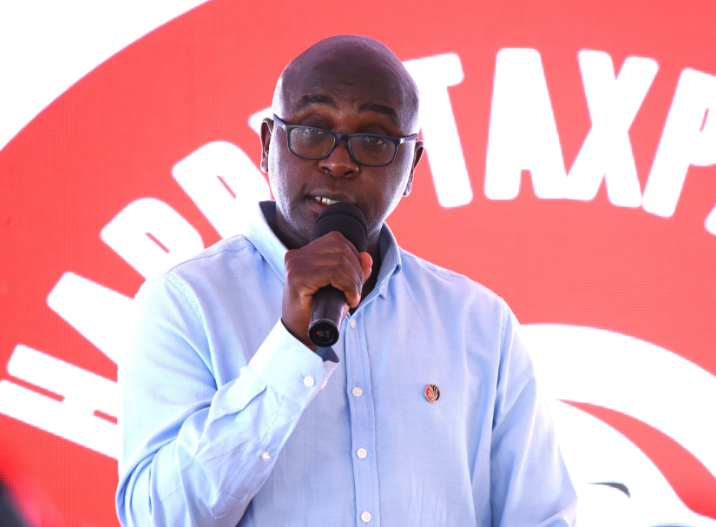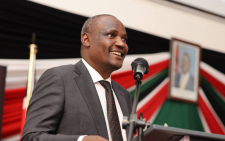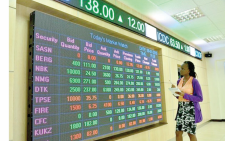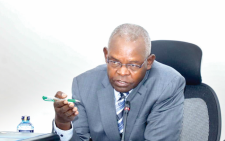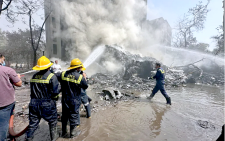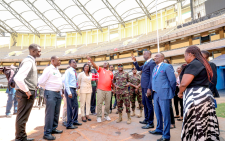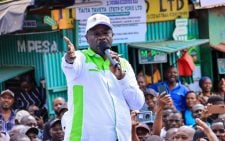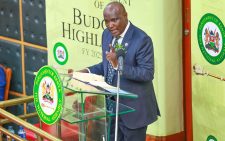Ingonga on a spot over withdrawal of Tanathi case
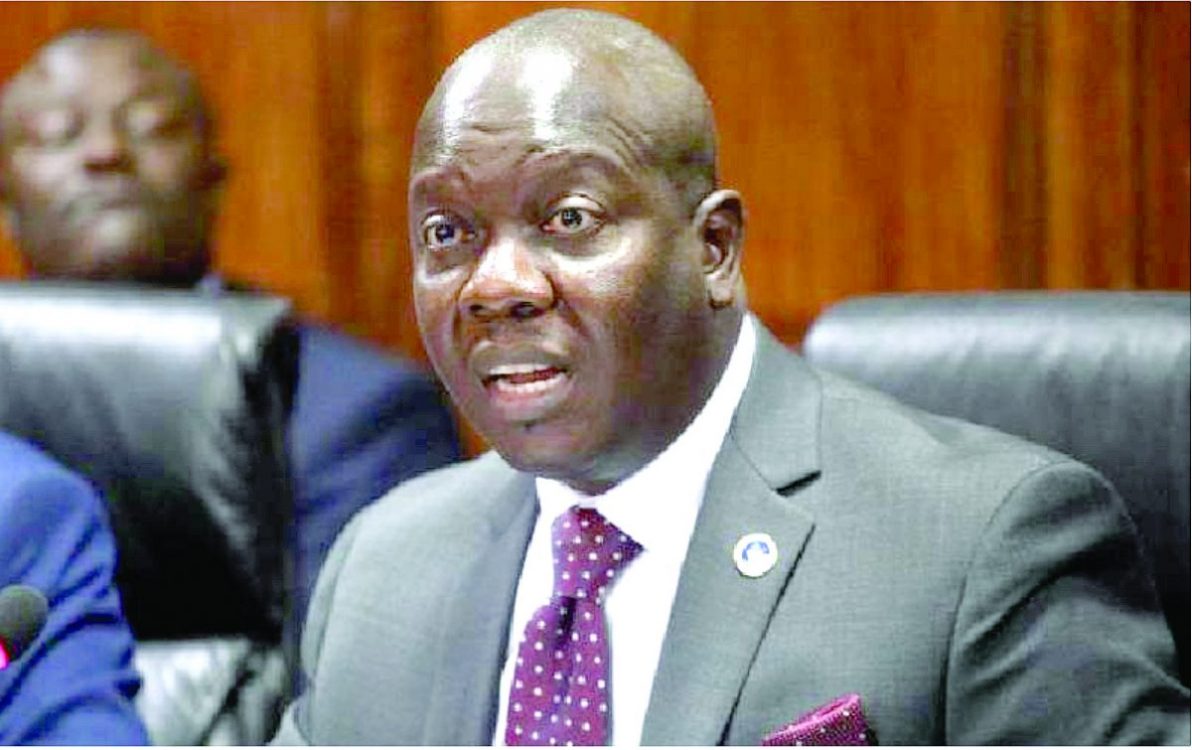
The Director of Public Prosecutions (DPP) Renson Ingonga is once again on the spot over his sudden move to unilaterally withdraw a case involving Sh292 million against Tana and Athi Water Works Development Agency chief executive Fredrick Mwamati and nine others.
The Ethics and Anti-Corruption Commission (EACC) has now protested over the decision by Ingonga to withdraw the charges on alleged grounds that the case lacked enough evidence and there was no loss of public funds.
The case involved a tender for the construction of the Kinanie Leather Industrial Park Water Supply Project, valued at Sh292.7 million, amid allegations of procurement fraud.
The DPP through senior prosecution counsel Kennedy Panyako wants to withdraw the charges following comprehensive review of the case.
Accused persons
Panyako indicates in his affidavit that he had received a request from the accused persons vide letter of June 23 asking him to review the charges.
The withdrawal of the case, which was being heard before the Kitui Anti-Corruption Court, has since sparked a heated debate about the efficacy of the criminal justice system in dealing with graft and procurement scandals.
EACC says the DPP’s move is an abuse of the court process and a betrayal of public trust. In an affidavit filed in court, the EACC says the DPP’s decision to abandon the prosecution was made in bad faith and without any new evidence exonerating the suspects.
The anti-graft body says the initial evidence, which had been reviewed and approved by the DPP in June 2024, was still valid and sufficient to warrant prosecution.
“Since the time the DPP gave his consent to charge the accused persons, there is no new evidence that has come in possession of the applicant exonerating any of the accused persons from the offences with which they charged with to warrant withdrawal of the charges, “ EACC investigating officer Kawira Rauni says in his affidavit.
Co accused people
Mwamati had been charged alongside Francis Kyalo Siva (General Manager, Infrastructure development), Dave Otieno Mwango (Manager, Construction and Residual Operations), Duncan Mulandi Mutambuki (Manager, Finance and Accounts), Dickson Mugambi Mungathia (Engineer in the Department of Infrastructure Development), and Erick Muendo Ng’alu (Senior Engineer in the Department of Construction and Residual Operations).
Others were Peter Muange Kimuyu (Director of Perma Structural Engineering Company Limited), Joseph Mutua Muange (Director of Antidote Agencies Limited), Willy Kimuyu Muange (Director of Perma Structural Engineering Limited,) Perma Structural Engineering Limited, Antidote Agencies Limited and Kyasi General Merchant.
On June 29, the DPP had said in a statement that there was sufficient evidence to warrant prosecution of the CEO and his alleged accomplices with nine charges for allegedly engaging in procurement irregularities during the Financial Year 2020/21.
According to the ODPP, investigations carried out by the Ethics and Anti-Corruption Commission (EACC) implicated Mwamati in the fraudulent award of a tender for the construction of Kananie Leather Industrial Park Water Supply Phase I and II amounting to Sh292,770,465.
The said tender was awarded to Perma Structural Engineering Company Ltd, which was a non-responsive bidder.
The nine accused persons faced charges that included Conspiracy to commit an offence of corruption contrary to Section 47A (3) as read with Section 48 of the Anti-Corruption and Economic Crimes Act (ACECA); abuse of office contrary to Section 46 as read with Section 48 of ACECA; wilful failure to comply with the law relating to procurement contrary to Section 48 of the Anti-corruption and Economic crimes act no.3 of 2003; conflict of Interest contrary to Section 42(3) as read with Section 48 of the Anti-Corruption and Economic Crimes Act 2003 and unlawful Acquisition of Public Property contrary to Section 45(1)(a) as read with Section 48(1) of the Anti-Corruption and Economic Crimes Act. But barely three months after approving the charges, Ingonga had turned around to withdraw the case on grounds that EACC had not provided sufficient evidence.
This has ignited protests from EACC, with the Commission’s deputy chief executive Abdi Mohamud dismissing the DPP’s argument as not being “tenable since EACC had the mandate to investigate the allegations made and obtained the necessary evidence pursuant to section 11 (1) (d).
“Upon perusal of the said correspondence and the reasons advanced by the said accused persons, the Commission confirms that we conducted investigations on the allegations and made appropriate recommendations to the DPP that the accused be charged with criminal offences under the Anti-Corruption and Economic Crimes Act, 2003,” Mohamud says.
